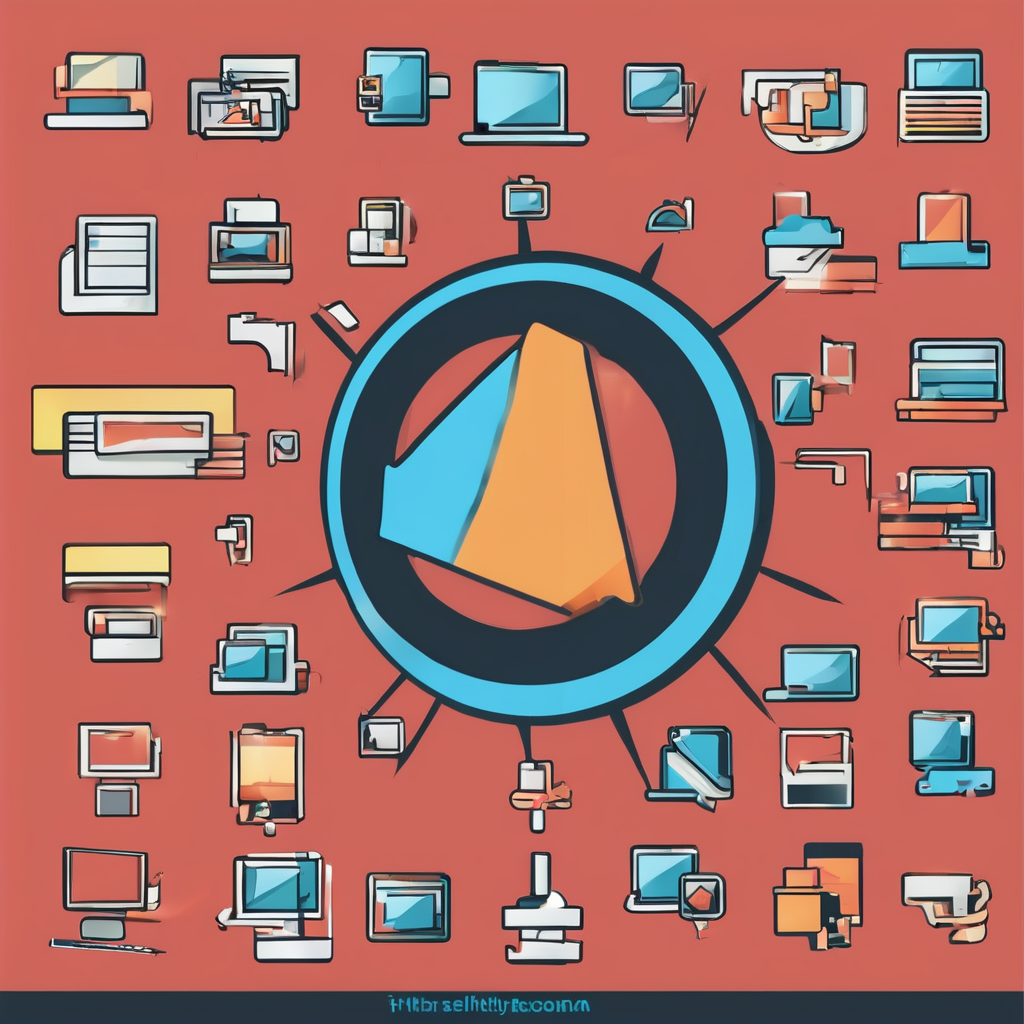The Current Landscape of Personal Health Monitoring
Personal health monitoring is evolving rapidly, driven by emerging technologies, such as AI integration and tracking apps. This sector sees a burgeoning array of devices that collect data on physical activity, heart rate, sleep quality, and more. These tools aim to empower individuals by providing insights into their health behaviours and conditions, thus promoting proactive health management. Specifically, AI integration in healthcare is revolutionizing the way data is analysed and interpreted. AI-infused applications can process vast amounts of data to deliver personalized recommendations, discover patterns, and predict potential health issues before they manifest.
However, this innovative landscape is not without challenges. Current health monitoring solutions sometimes struggle with data privacy concerns, ensuring accuracy across diverse populations, and maintaining user engagement with the tracking apps. Users often worry about the security of their personal information and potential misuse by third parties. Furthermore, devices and apps sometimes fall short in user-friendliness, leading to decreased compliance and motivation.
Also read : Mastering AI-Driven Financial Predictions: Your Ultimate Guide to Success
In summary, personal health monitoring is a promising field offering numerous benefits but still requires thoughtful consideration of privacy, accuracy, and user-centric design to reach its full potential.
Creative Strategies for Integrating AI into Tracking Apps
In the realm of AI strategies, there are exciting opportunities to enhance health tracking apps significantly. Machine learning algorithms play a pivotal role in providing personalized health insights by learning from user data and offering tailored recommendations that align with individual health goals. This level of personalization is not only beneficial for users but also fosters higher engagement and satisfaction.
Have you seen this : Transforming Telehealth: Innovative AI Tools for Seamless Integration and Enhanced Care
Designing user-friendly interfaces is equally critical in ensuring users remain engaged with their health tracking apps. Intuitive designs that simplify navigation and usage can transform an app from a mere tool into an integral part of users’ daily routines. This approach is essential for maintaining long-term user commitment.
Moreover, integrating wearable technology for real-time data collection is a trend that continues to gain traction. By syncing wearables with health apps, users enjoy immediate feedback on their health metrics, allowing them to make informed decisions quickly. This seamless data integration, paired with AI-driven analysis, facilitates a deeper understanding of one’s health status and empowers proactive management.
Incorporating these innovative solutions helps create a robust ecosystem where technology supports and enriches personal health monitoring, making it more accessible and effective for everyone.
Case Studies of Successful AI Integration
Delving into AI case studies in health apps reveals how tailored integration has transformed user experiences. Here’s an examination of three standout apps:
App 1: Fitbit
Fitbit leverages AI integration to deliver personalized health recommendations. By analysing users’ activity data, sleep patterns, and more, it provides insights tailored to individual fitness goals. Users frequently commend its intuitive interface and the detailed feedback that boosts motivation and increases activity.
App 2: Ada Health
Ada Health is an app offering personalized health insights through AI-driven symptom assessments. It asks users a series of questions based on their symptoms and provides a potential diagnosis derived from a vast medical database. Users appreciate its accuracy and the assurance it provides, embodying successful AI strategies in healthcare.
App 3: MyFitnessPal
MyFitnessPal integrates machine learning for nutritional guidance. It tracks dietary intake and workouts, offering tips to help users meet their health objectives. Notably, its user feedback is overwhelmingly positive, with users benefitting from the simplicity and effectiveness of its tracking capabilities, underscoring the value of adopting innovative solutions in health apps.
Technical Guidance for Developers
When it comes to app development in the personal health sector, integrating AI effectively is crucial. Developers should start by selecting the right AI algorithms that align with the desired health outcomes of their apps. Machine learning models and neural networks, for instance, are excellent for analysing large datasets to identify health patterns and predictions.
AI incorporation requires a solid understanding of available tools and frameworks. Libraries like TensorFlow and PyTorch can facilitate the development process, providing comprehensive functionalities for creating AI-driven applications. It’s important to ensure these frameworks are compatible with the platform you are targeting, be it Android or iOS.
Equally essential is adherence to healthcare regulations. Developers must prioritize data privacy and comply with standards such as GDPR and HIPAA, ensuring user information is handled securely. This compliance not only safeguards users but also builds trust in the application.
Lastly, user interface design should not be overlooked. A seamless and intuitive user experience is vital for maintaining user engagement and satisfaction. Clear navigation paths and straightforward functionalities can enhance usability, thus improving the app’s effectiveness in personal health monitoring.
Benefits of AI-Enhanced Health Monitoring
AI-enhanced health monitoring transforms the accuracy and personalization of health tracking, offering significant advantages for users. AI-driven applications can analyse complex datasets to provide precise insights and tailored health recommendations, ensuring users make well-informed decisions about their health.
One primary benefit is the improved accuracy these systems bring to health tracking. AI algorithms process extensive data sets to identify potential health trends and scenarios specific to each user, enhancing the reliability of health information received. Users can thereby maintain better health routines and engage with their well-being proactively.
Gamification and feedback loops incorporated into these applications serve as potent motivators. By turning health challenges into engaging activities and providing instant feedback, users feel more inclined to participate regularly in health monitoring, promoting sustained engagement and lifestyle improvements.
Long-term benefits also emerge from continuous monitoring. Users gain consistent insights into health metrics, enabling them to track progress, adapt strategies, and watch for anomalies early. This continuous feedback loop contributes to improved long-term health outcomes, empowering users to manage their wellness effectively while enjoying a sense of accomplishment.
User Testimonials and Experiences
In the world of personal health monitoring, real user stories offer invaluable insights. By collecting and analysing user testimonials, developers and health professionals gain understanding from diverse experiences. These personal stories often highlight the transformative power of AI integration in health tracking apps.
For many users, these applications have led to significant improvements in their health journey. Consider a user who started with a basic understanding of fitness and found their knowledge enriched by AI-based suggestions. By setting personalized goals and receiving real-time feedback, they not only improved physical metrics but also gained a better lifestyle.
Success stories commonly recount improved user motivation. Gamification elements, such as daily challenges or virtual rewards, make health monitoring engaging and fun. Users often mention how these features keep their momentum going, turning routine health checks into enjoyable experiences.
Moreover, user perspectives frequently praise the ease of use in intuitive apps. An interface that simplifies navigation encourages consistent use, contributing to overall satisfaction. When health tracking apps integrate AI seamlessly, they significantly enhance user engagement, proving their worth as indispensable tools in the quest for better health.



